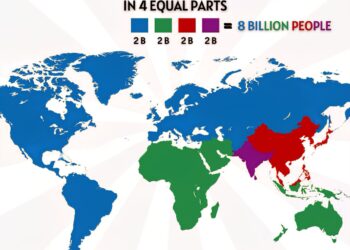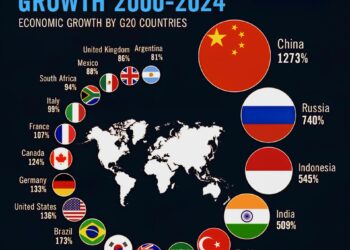Select Language:
Top 20 Most Influential Philosophers of All Time

Throughout history, certain thinkers have profoundly shaped the way humans perceive the world, morality, existence, and society. Based on research including Charles Murray’s “Human Accomplishment,” these 20 philosophers have left an indelible mark on philosophy, science, politics, and culture. Here is a detailed list celebrating their enduring legacies.
1. Friedrich Nietzsche (Germany)
Friedrich Nietzsche challenged traditional morality and religious beliefs, advocating for individualism and the creation of personal values. His ideas about the “Will to Power” and the concept of the “Übermensch” continue to influence existentialism and modern philosophy.
2. Aristotle (Greece)
Often called the “Father of Western Philosophy,” Aristotle’s work in logic, ethics, politics, and metaphysics laid foundational principles for Western thought. His exploration of virtue and the concept of the “Golden Mean” remain central to ethical philosophy today.
3. Immanuel Kant (Germany)
Kant revolutionized epistemology and ethics with his idea that human experience is shaped by innate categories. His moral philosophy, emphasizing duty and the categorical imperative, remains a cornerstone in contemporary moral debates.
4. Buddha (Nepal/India)
As the founder of Buddhism, Siddhartha Gautama, or Buddha, introduced teachings on mindfulness, compassion, and the pursuit of enlightenment. His philosophy emphasizes overcoming suffering and attaining inner peace.
5. Noam Chomsky (United States)
Chomsky’s groundbreaking work in linguistics and cognitive science transformed the understanding of language as an innate human faculty. His political activism and critiques of media have also made him a prominent public intellectual.
6. Karl Marx (Germany)
Marx’s theories of capitalism and class struggle profoundly influenced political thought. His critique of economic systems and advocacy for socialism continue to shape political discourse worldwide.
7. Georg Wilhelm Friedrich Hegel (Germany)
Hegel introduced a comprehensive philosophy of reality, history, and Spirit (Geist). His dialectical method remains influential in various fields, including political theory and metaphysics.
8. Plato (Greece)
Founder of Western political philosophy, Plato’s dialogues explore justice, truth, and virtue. His theory of forms represents an enduring framework for understanding abstract ideals.
9. Saint Augustine (Algeria)
A pivotal figure during the transition from pagan to Christian philosophy, Augustine’s writings on faith, free will, and divine grace have deeply shaped Christian theology.
10. Michel Foucault (France)
Foucault analyzed power structures, social institutions, and the ways knowledge and authority intertwine. His work remains essential in cultural studies and critical theory.
11. David Hume (Scotland)
Hume’s empiricism and skepticism challenged classical notions of causality, morality, and the self, laying groundwork for modern scientific and philosophical inquiry.
12. George Berkeley (Ireland)
Berkeley’s idealism argued that existence is fundamentally dependent on perception, a statement that has sparked ongoing debates about perception and reality.
13. Shankara (India)
A key figure in Advaita Vedanta, Shankara emphasized non-dualism and spiritual liberation, profoundly influencing Indian philosophy and Vedantic thought.
14. Ludwig Wittgenstein (Austria)
Wittgenstein reshaped philosophy of language, arguing that many philosophical problems stem from misunderstandings of language’s use. His works continue to influence linguistic and analytic philosophy.
15. Thomas Aquinas (Italy)
Integrating Christian doctrine with Aristotle’s philosophy, Aquinas’s writings on faith, reason, and ethics have become foundational in Catholic theology.
16. René Descartes (France)
Renowned for “I think, therefore I am,” Descartes crafted a new foundation for modern philosophy emphasizing doubt, reason, and scientific inquiry.
17. Gottfried Wilhelm Leibniz (Germany)
Leibniz’s contributions to metaphysics, mathematics, and logic include the development of calculus and the idea of monads—fundamental units of reality.
18. Arthur Schopenhauer (Germany)
Schopenhauer’s philosophy centered on the primacy of the will, emphasizing suffering as intrinsic to human existence and influencing existentialist thought.
19. Confucius (China)
Ancient China’s sage emphasized morality, social harmony, and respect for tradition, principles that continue to underpin East Asian cultures today.
20. Jean-Jacques Rousseau (Switzerland)
Rousseau’s ideas on social contract, education, and the innate goodness of humanity have significantly influenced modern political philosophy and democratic theory.
In 2025, these thinkers continue to echo through contemporary academic, political, and cultural dialogues, reminding us of their timeless influence that shapes our understanding of the world.







